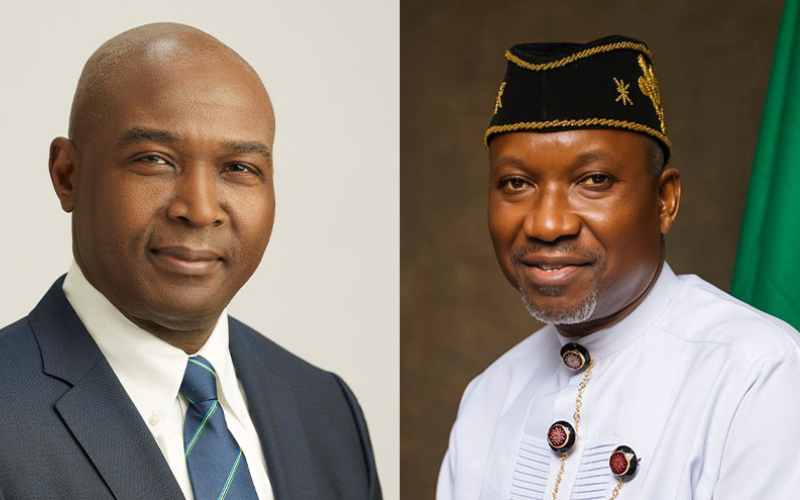The Mountain of Fire and Miracles Ministries International has accused the United Kingdom’s Charity Commission of discrimination and institutional bias while refuting reports that the commission froze the accounts of the church’s UK branch over allegations of financial mismanagement by its trustees.
In a detailed statement issued on Saturday by its spokesperson, Dan Aibangbe, the church described the regulator’s action as “a gross distortion of facts and a deliberate mischaracterisation of a closed chapter,” insisting that no wrongdoing or fraud was ever found against its trustees.
“The issues raised were related to administrative governance, not a finding of fraudulent activity by the trustee body,” Aibangbe said. “This matter is old and not a fresh development. It is misleading to present it as a current scandal,”Aibangbe said.
In the statement titled “A Point-by-Point Rebuttal: Setting the Record Straight on the MFM–UK Charity Commission Matter,” the church denied reports that any of its bank accounts were frozen, describing such claims as “a complete fabrication.”
“No bank accounts belonging to MFM were ever frozen. The commission’s report identified no evidence of systemic financial misconduct by the trustees,” Aibangbe said. “The entire process was a display of overreach, not an exposure of fraud.”
The MFM maintained that the Charity Commission acted “not on concrete evidence but on rumours and gossip,” claiming that the regulator’s expectations of uncovering large-scale fraud proved unfounded after it gained access to the church’s financial records.
“When the Commission examined the records, it found nothing of the sort,” the statement read. “Rather than close the case honourably, it embarked on a fault-finding mission, highlighting minor administrative discrepancies to justify its intrusion.”
The church further described the commission’s actions as part of a pattern of procedural flaws, recalling that MFM had previously challenged the regulator’s methods in a British court and secured a judgment against what it described as “improper procedures and overreach.”
According to Aibangbe, following the probe, the Charity Commission appointed an interim manager to oversee MFM’s UK operations, but the individual’s five-year tenure was “more about revenue generation than stewardship.”
“The interim manager showed no genuine interest in the church’s ministry, never visiting a single MFM branch in the UK throughout his tenure,” he alleged. “Yet, he charged the church a staggering £2 million for his ‘services’—a colossal fee for a process that yielded no evidence of wrongdoing.”
According to the church, the experience amounted to “institutional persecution and financial exploitation.”
“The five-year ordeal was not about protection but predation,” the statement continued. “What the Commission spent half a decade attempting to prove could have been resolved through cooperative guidance in a single month.”
The church emphasised that the concerns identified by the Commission were administrative in nature, arising largely from the rapid growth of MFM’s UK operations, which had outpaced its volunteer-run governance framework.
“The most powerful testament to the church’s integrity is this: not a single penny was mismanaged by the trustees,” Aibangbe said. “The issues raised were purely related to governance and record-keeping in a fast-growing organisation, not the diversion or theft of funds.”
The statement added that the church’s leadership, including its General Overseer, Dr. D.K. Olukoya, had already begun restructuring the UK branch’s administrative processes before the Commission intervened.
“Crucially, the leadership was already aware of the administrative gaps and had started taking steps to professionalise its governance structure. The Commission’s premature and heavy-handed investigation punished the church for being a victim of its own success,” the statement read.
Describing the investigation as “a biased, costly, and ultimately baseless persecution,” MFM said the experience reflected deeper prejudices against African-founded churches operating in the UK.
“The entire ordeal reeks of discriminatory and arrogant oversight,” Aibangbe said. “It was a display of institutional overreach, leveraging state power to burden and punish a thriving faith community.”
The church said it remains committed to transparency and accountability but called for fair treatment of faith-based organisations, regardless of their ethnic or cultural origins.
“The truth has prevailed, and the church marches on—stronger and wiser,” the statement concluded.






